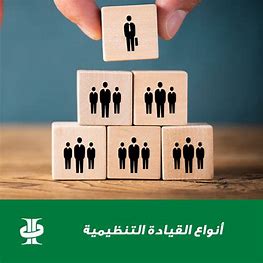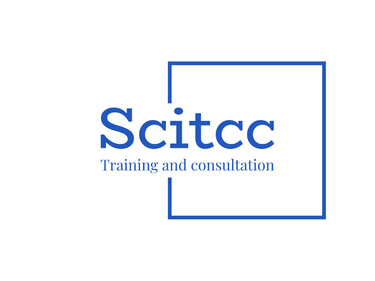
Effective Organizational Leadership
Effective Organizational Leadership
$3500.00
Day One: Introduction to Organizational Leadership
The basic concepts of organizational leadership
Definition of organizational leadership and its importance.
The difference between leadership and management.
Types of leadership and their methods
Transformational leadership vs. directive leadership.
Leading by example and leading by motivation.
Effective methods for motivating the team.
Teaching method: Interactive presentation with group exercises, short discussions.
Day Two: Building Successful Teams
Concepts of teamwork and how to form effective teams.
Motivation and inspiration as key factors for team success.
Managing conflicts within teams.
Teaching method: Interactive workshops, case studies, role-playing.
Day Three: Making Effective Leadership Decisions
The decision-making process in organizational leadership.
Types of decisions and their impact on organizational performance.
Applying critical thinking and innovation in decision-making.
Teaching method: Presentations with practical exercises on making real decisions in work environments.
Day Four: Effective Communication in Organizational Leadership
Successful leadership communication strategies.
Communication with teams and organization members.
Effective communication techniques in difficult situations.
Teaching method: Communication skills training, interactive exercises among participants.
Day Five: Leadership in Difficult Times and Change Management
How to lead in difficult times or crises.
Change and innovation management in organizations.
The role of leadership in enhancing team resilience in facing challenges.
Teaching method: Case studies, group discussions, and exercises simulating real-life situations.
The general method of education:
Interactive education: It relies on interactive lectures and presentations combined with practical exercises.
Situational learning: It includes live case studies, group discussions, and practical solutions.
Evaluation and feedback: Time is allocated for daily reviews to assess the trainees' progress and provide them with the necessary feedback.


